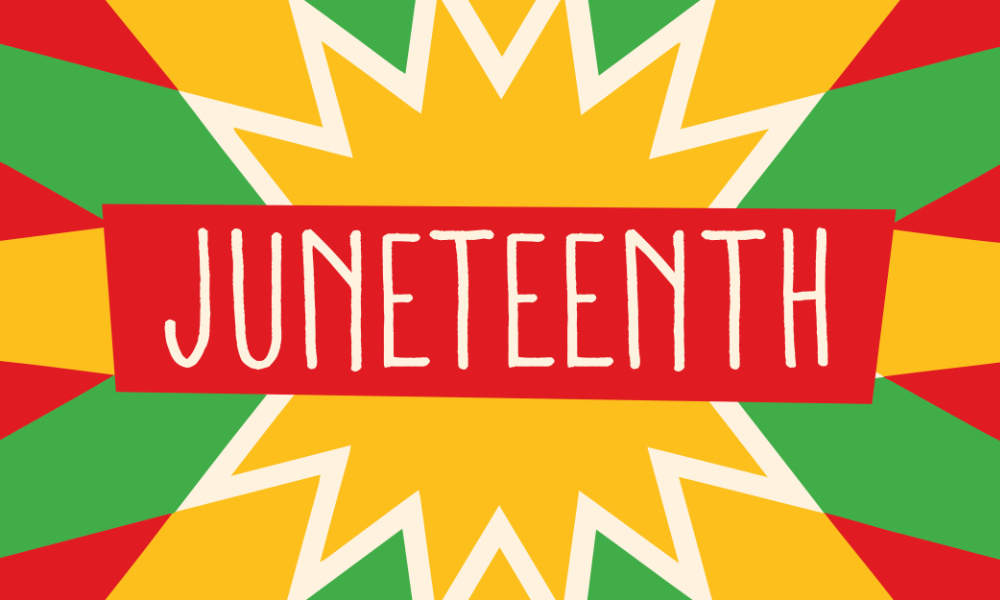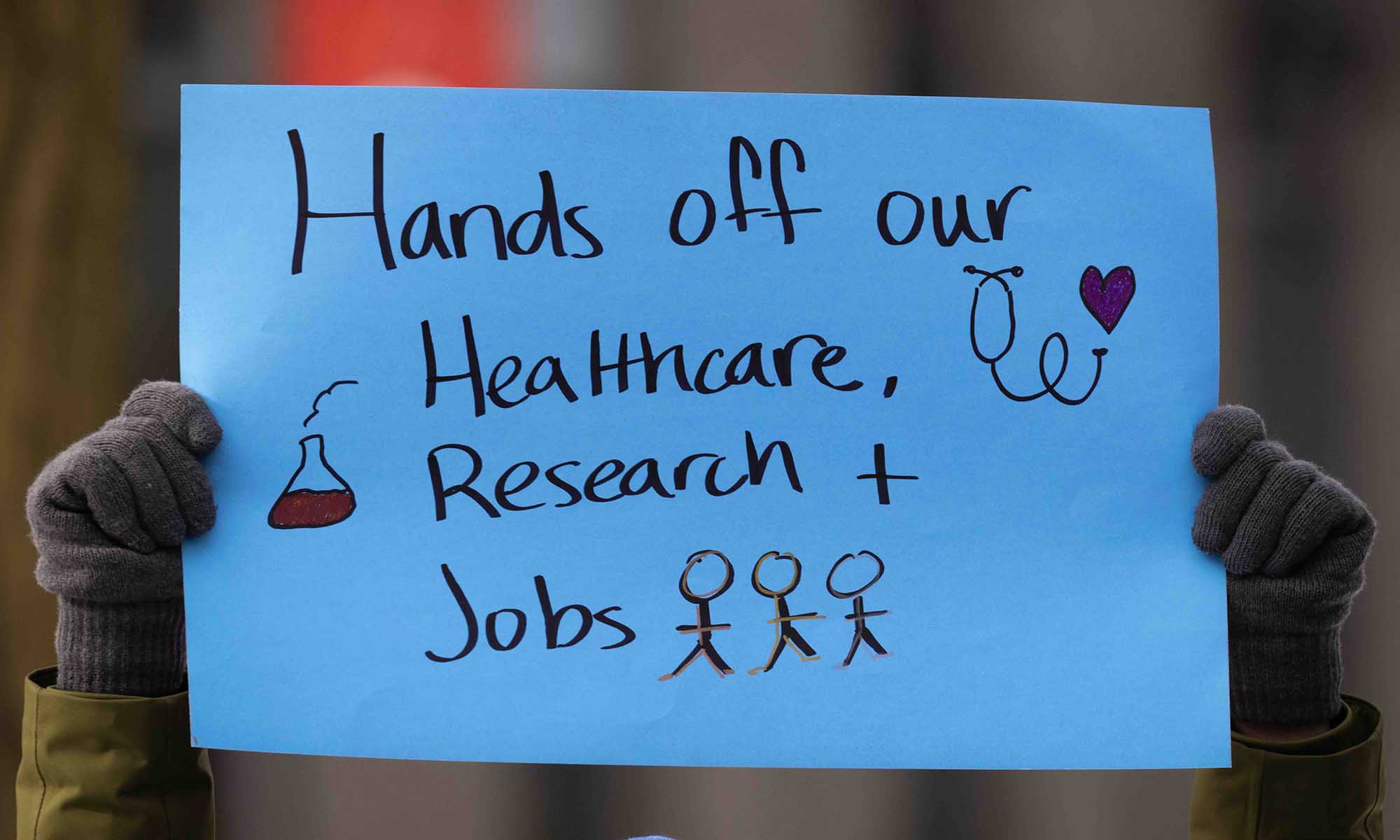Jeffrey McCune Jr. says Black Americans ‘are still not free.’
On June 19, 1865, Federal troops marched into Galveston, Texas, and announced the end of both the Civil War and slavery. The following year, Juneteenth—a blend of the words June and 19th—was celebrated by Black Americans.
Now, 156 years later, it is being observed as a national holiday.
Jeffrey McCune Jr., an associate professor of African American literature and culture at the University of Rochester and the director of the University’s Frederick Douglass Institute, says, “Juneteenth is especially relevant today, as the current conditions of Black people in America would suggest that we are still not free.” And yet, McCune says, “We must celebrate.”
Q&A with Jeffrey McCune Jr.
Many Americans outside Black communities may have been unaware of Juneteenth until relatively recently. Tell us about the long history of the holiday.
McCune: Juneteenth was originally celebrated in Texas, on June 19, 1866—to mark the first anniversary of when the formerly enslaved learned of the Emancipation Proclamation, which deemed them free. While the long celebration of Juneteenth was a way for Black people to celebrate the formal release from chattel slavery, Black folks have never forgotten the many ways that this supposed granting of freedom is contingent and specific to where one lived in the United States. Thus, over time, Juneteenth was a celebration of end of chattel slavery, but also the audacity of Black citizens to achieve, in spite of the limits that white Americans would quickly impose on them, through legal and other means, for decades to come.
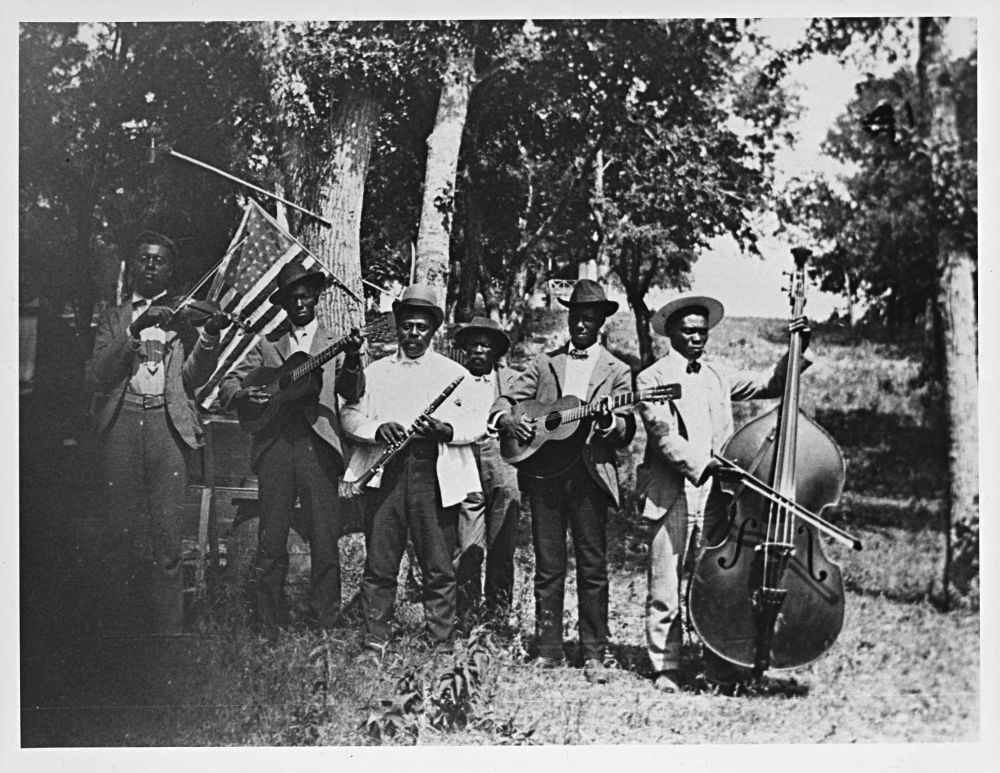
What, in your view, is the relevance of Juneteenth today?
McCune: Juneteenth is especially relevant today as the current conditions of Black people in the United States would suggest that we are still not free. In the words of Black studies scholar Rinaldo Walcott, “This is but still a long emancipation.” The reality that Black folks experience alarming rates of poverty within a country which touts its wealth and rich resources is one example. The police state—the overwhelming surveillance and abuse of power by police within Black communities—extends the history of the white overseer who kept slaves in “their proper place,” punishing Black folk for what so many other Americans do without punitive or life-threatening responses. The violence and antagonisms Black women and Black LGBT folks face, as their bodies are perpetually mistreated from unfair employer actions to healthcare violations, alongside everyday pedestrian harassment and violence. Through their experience, we see how the intersection of blackness with other marginal identities, activates America’s multiple prejudices.
In these and other ways, emancipation in its fullness is still elusive. And when Black folks survive or thrive under these conditions, we must celebrate.
What do you think is the significance of Juneteenth going mainstream among white Americans?
McCune: On one hand, I hope that Juneteenth is a moment for real conversations and critical dialogue, while on the other it must be a call to action for a nation that, as Dr. Martin Luther King, Jr, expressed in an analogy, has continued to write checks to Black people “which [have] come back marked insufficient funds.” I hope for white Americans in particular, it is a moment to reflect on the ways in which they continue to benefit from the legacies of slavery and their responsibility in the nationwide effort to combat hate and anti-Blackness.
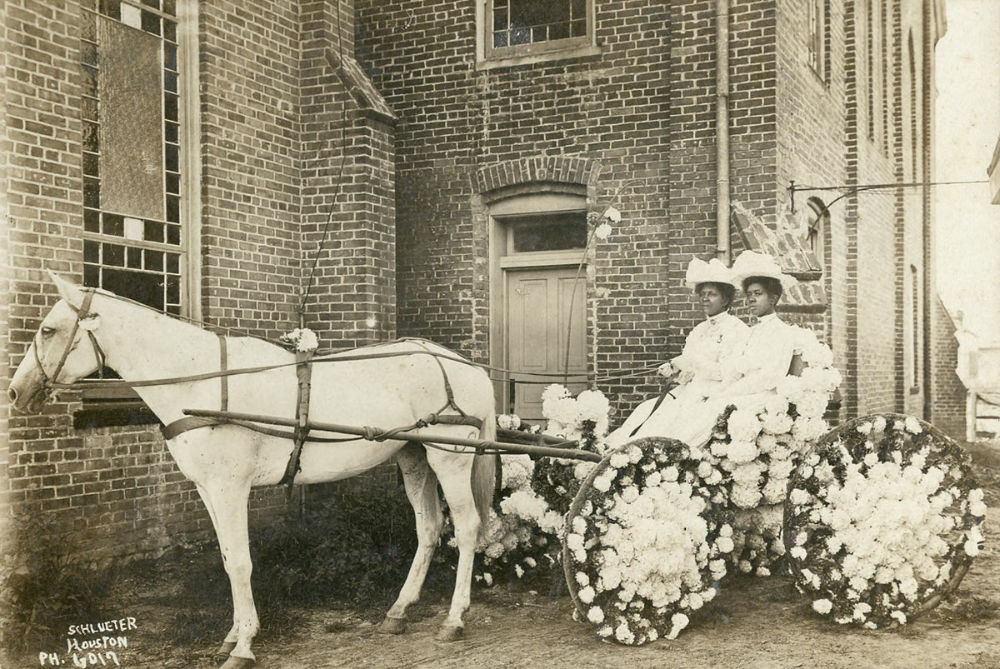
Some critics have lamented the rise of Juneteenth-themed merchandise. Are you concerned that the holiday may lose its meaning amid the commercialization?
McCune: I am not fully concerned, as Black people will definitely preserve Juneteenth’s meaning. Historically, Black cultural treasures—when taken up in the mainstream—have been misused and abused, causing some folks a bit of distress. But for those of us who have for years understood Juneteenth and its rich meaning, the commercial element may just require those who are new to this to learn to seek their knowledge from sources of greater credibility.
How do you think the meaning of Juneteenth should be preserved?
McCune: Throughout the country, I hope that there is as much celebration as education. I am glad to see so many universities and community-based organizations not only hosting parades and parties, but convening those who take Black study seriously through writing, performance, art, and other forums. As we reflect on the last decade alone, we see the living legacies of slavery, genocide, and land occupation. While I hope that people celebrate the great achievements of Black folks within that context, I think the meaning of Juneteenth will be preserved when we contend with the conditions that are individually and collectively maintained by those who most benefit from white supremacy and privilege.
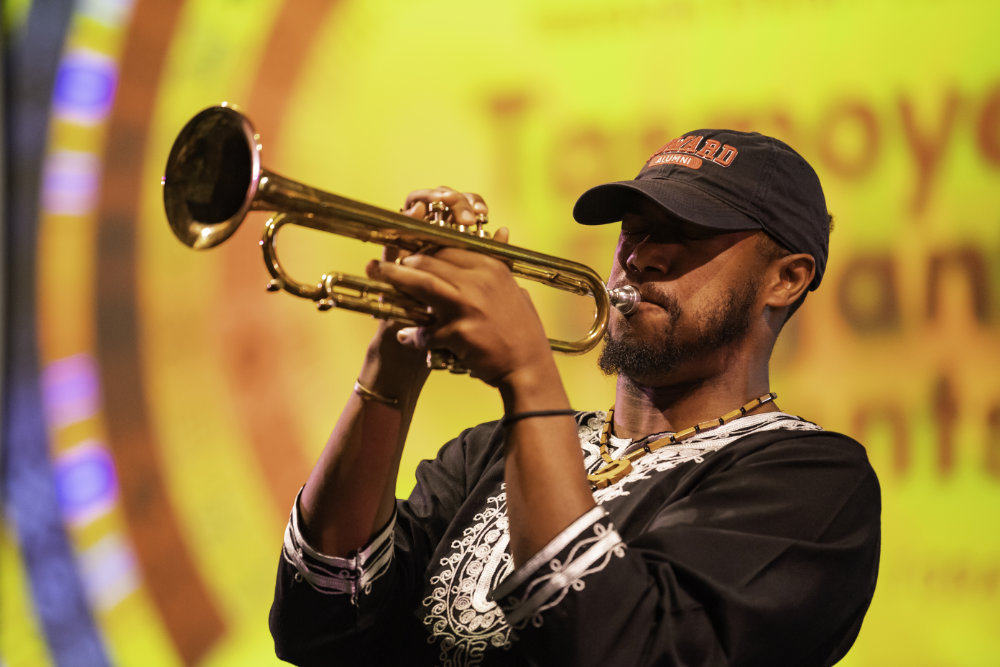
Read more
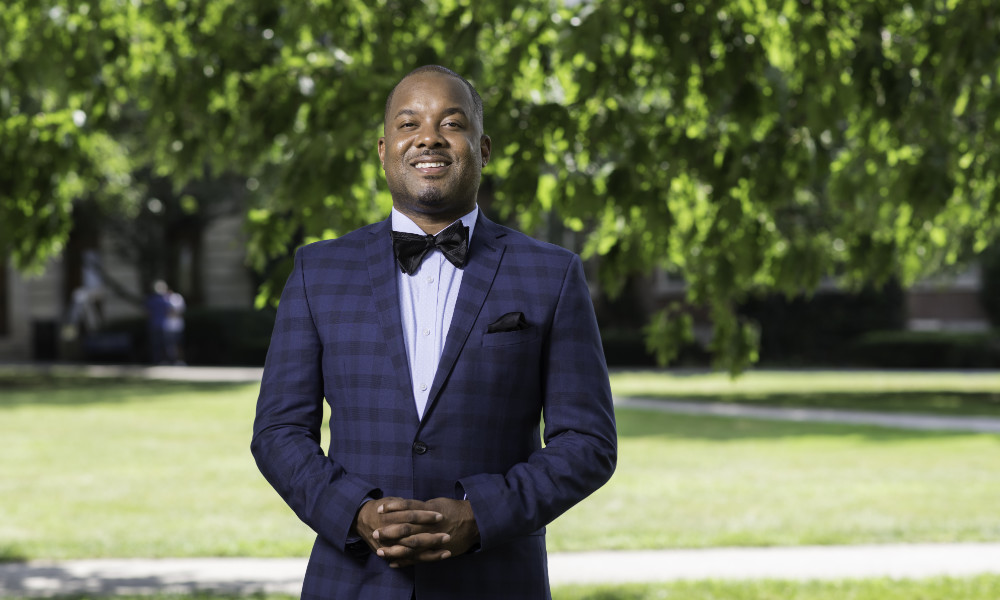 Jeffrey McCune Jr. returns to Rochester to lead Frederick Douglass Institute
Jeffrey McCune Jr. returns to Rochester to lead Frederick Douglass Institute
The accomplished scholar discusses the importance of Black studies as well as his plans to expand the scope of the institute at the University of Rochester and in communities beyond campus.
 Rochester to observe Juneteenth
Rochester to observe Juneteenth
Beginning this year, the University of Rochester recognizes Juneteenth as an official University holiday.
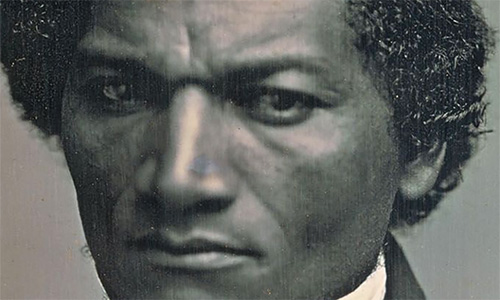 Frederick Douglass delivered ‘best Fourth of July speech in American history’ in Rochester
Frederick Douglass delivered ‘best Fourth of July speech in American history’ in Rochester
“What, to the American slave, is your 4th of July?” Frederick Douglass delivered his rousing oration on July 5th at Rochester’s Corinthian Hall.


